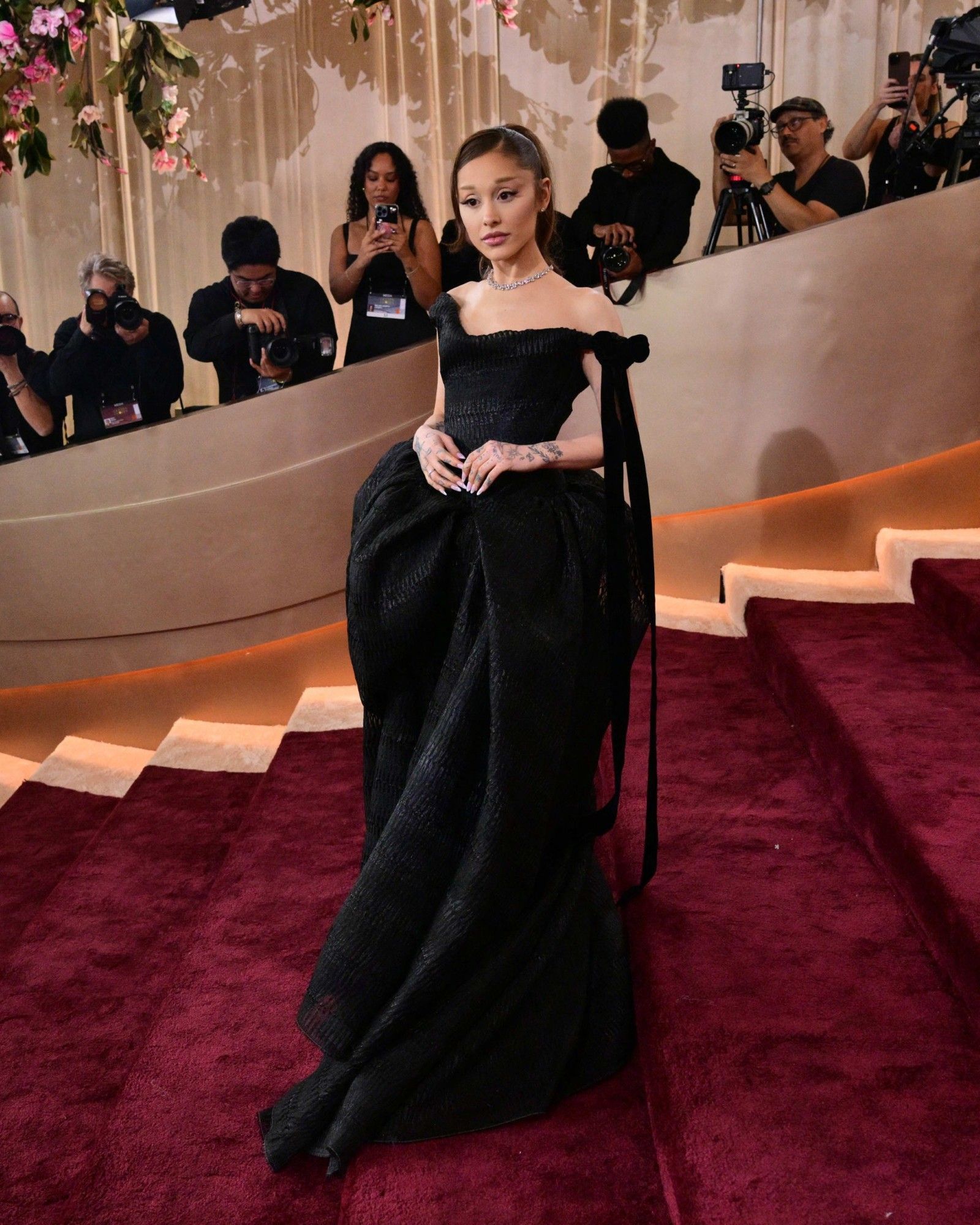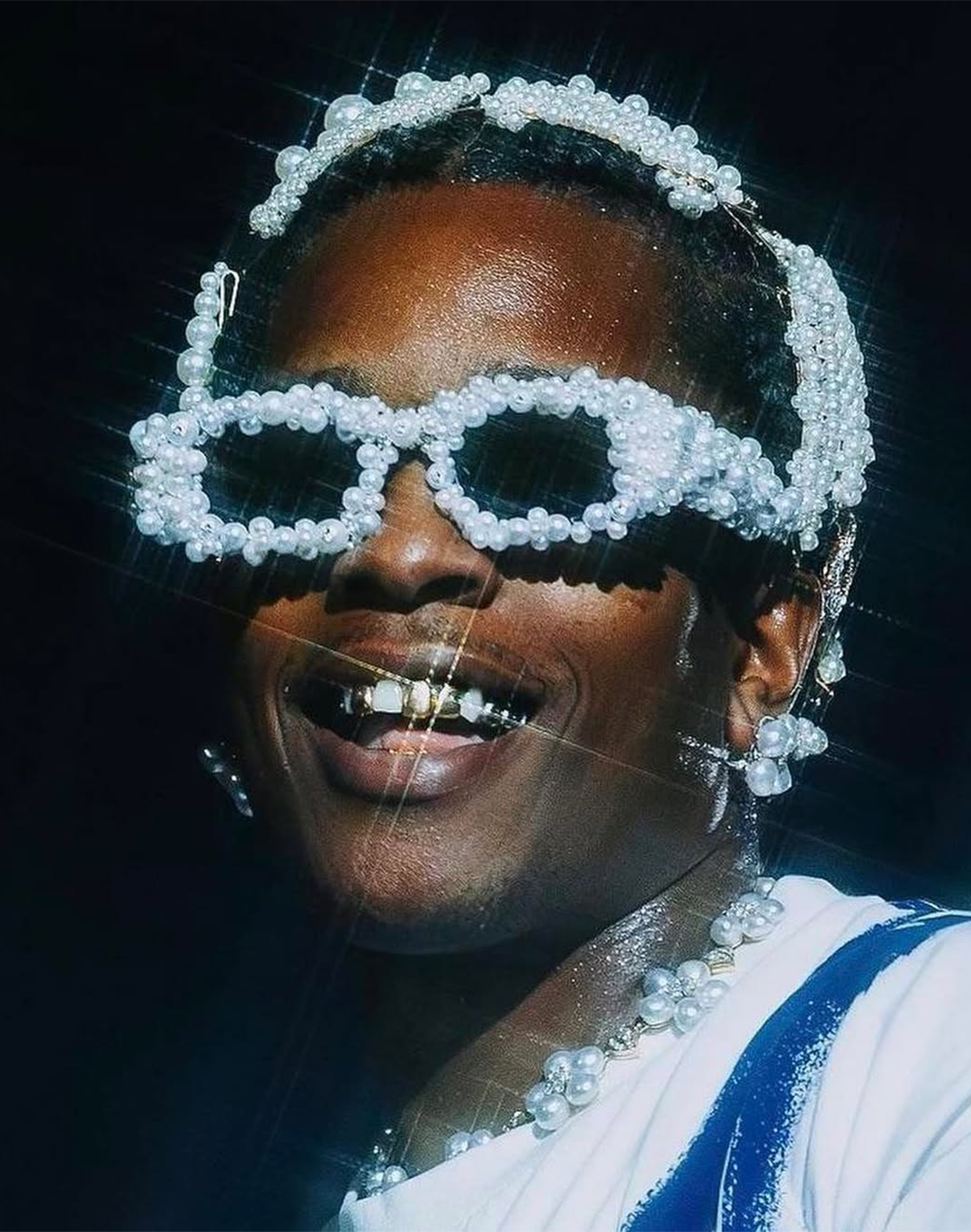Could the GameStop caso occur also with fashion brands? How crowdfunding recalls the origins of big streetwear brands
According to the Global 500 ranking compiled by Brand Finance, compiled by analyzing the distinctive value and association with the intellectual marketing properties of 5000 companies around the world, the luxury industry would lose overall in value in 2020 and in the Top 100 of the most valuable brands in the world, non-figure fashion, with Gucci slipping from 98th to 117th place and Louis Vuitton from 109th to 123rd. Overall, in short, there has been a slight decrease, nothing catastrophic in itself, but that leads to reflect on what would happen if one of these big brands were to find itself in financial difficulties. The recent case of GameStop, whose corporate value has sprung upwards after a coordinated mass action on Reddit, suggests that, in the future, fashion brands could also resort to crowdfunding to turn their fortunes around – with a kind of 2.0 community approach reminiscent in many ways of Supreme's origins.
This hypothesis, which seems a long way off for the big names in fashion, is really happening right now: this week the equity value of naked brand group ltd. has doubled thanks to such coordinated action and retailer Express Inc. saw his quotes fly. These two cases just mentioned are actually examples of choreographed moves aimed at loss-making companies, but they do indeed recall the community-driven and anti-establishment attitude that in the past has led numerous streetwear brands to spread their fame and prosper commercially even without the funding of large industrial groups. In other words, the community approach of crowdfunding, especially if driven by emotional reasons, can translate into a resource for brands in difficulty - the case of GameStop was in fact also linked to the nostalgic factor: the micro-investors who inflated the price of its shares, in fact, were probably the same who, five or ten years ago, went there to buy or exchange games.
If this logic could not, however, apply to the big luxury brands, which unlike all other companies are forced to follow the logic of exclusivity and prestige, in this type of crowdfunding could hide the future of independent streetwear. The great myths of streetwear, such as Stüssy and Supreme, have come to fame also thanks to the support of increasingly large cultural communities, then becoming mainstream. But it is not said that, although in different forms, this type of community support cannot become the definitive challenge to an establishment, such as that of fashion, which has now become too official and closed in on itself; as well as the antidote to increasingly formulaic and repetitive streetwear aesthetic, as it is entirely commercial and in reality lacks an authentic community that constitutes its hardcore.




















































